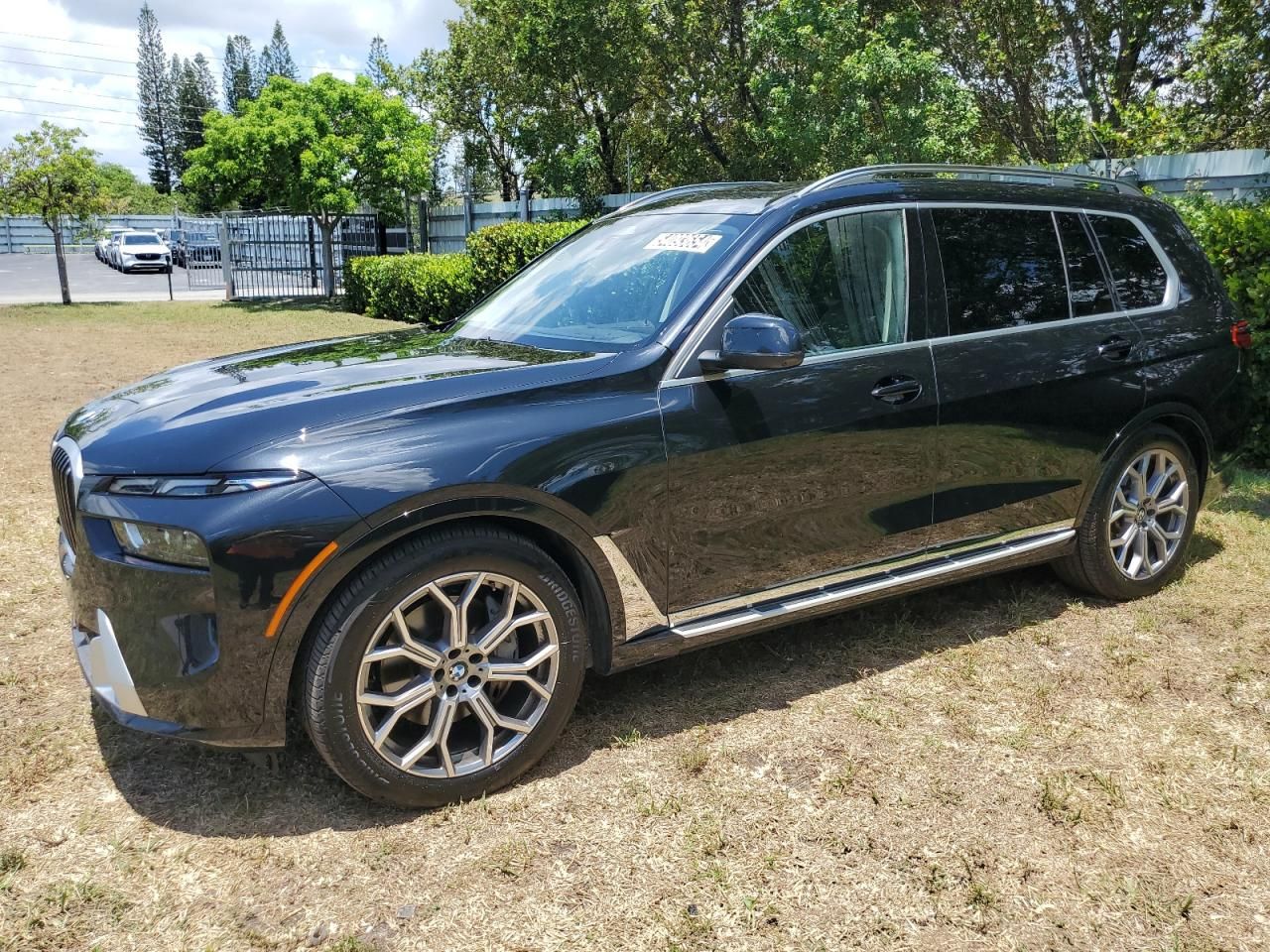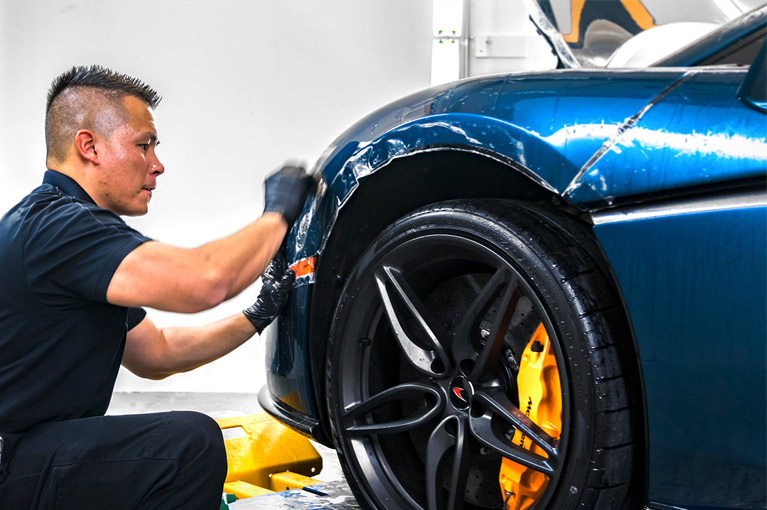
When it’s time to purchase a new vehicle, many people overlook a potentially smart and sustainable option: repairable cars. These vehicles, often sold at a fraction of the cost of new or fully restored used cars, come with their own set of advantages and considerations. This article explores the benefits of choosing a repairable car, addressing common concerns, and providing insights to help you make an informed decision.
1. What are Repairable Cars?
Repairable cars are vehicles that have been involved in accidents or have suffered damage that, while significant, is not beyond repair. These cars are typically sold as-is, allowing buyers the opportunity to restore them to their former glory. They are distinct from salvage cars, which are often considered too damaged to be worth fixing. Repairable cars present an opportunity for savings and customization that appeals to a wide range of buyers.
How do repairable cars differ from salvage cars?
Answer: Repairable cars have damage that can be feasibly repaired, making them a practical option for restoration. Salvage cars, on the other hand, often have extensive damage that may not be cost-effective to repair, usually being suitable only for parts.
2. Cost Savings
One of the most compelling reasons to consider a repairable car is the cost savings. Because these cars have damage, they are sold at a significantly lower price than their market value if they were in good condition. This lower initial cost can be particularly appealing to budget-conscious buyers or those looking to get a higher-end model for less.
Are repairable cars a good deal financially?
Yes, repairable cars can be an excellent deal financially. By purchasing a car at a lower price and investing in the necessary repairs, buyers can often end up with a high-quality vehicle for a fraction of the cost of a new or even a well-maintained used car.
3. Environmental Benefits

Opting for a repairable car can also be a more environmentally friendly choice. Repairing and reusing vehicles reduces the demand for new car production, which in turn lowers the associated environmental impacts such as resource extraction, manufacturing emissions, and waste generation. By choosing to restore a repairable car, you are contributing to a more sustainable automotive ecosystem.
How do repairable cars contribute to environmental sustainability?
Repairable cars contribute to environmental sustainability by reducing the need for new car production. This helps lower the environmental impact associated with manufacturing new vehicles, including the consumption of raw materials and energy, and reduces automotive waste.
4. Customization Potential
Another advantage of repairable cars is the opportunity for customization. Since you will be involved in the repair process, you can make modifications and upgrades according to your preferences. Whether it’s adding new tech features, upgrading the interior, or enhancing the performance, repairable cars offer a blank canvas for personalization.
Can repairable cars be customized easily?
Yes, repairable cars can be customized easily. The repair process provides an ideal opportunity to add personal touches and upgrades, allowing you to tailor the vehicle to your specific tastes and requirements.
5. Learning Experience
Purchasing a repairable car can also be a valuable learning experience. For those interested in automotive mechanics, this process offers hands-on experience in diagnosing and fixing car issues. It can be a rewarding project that enhances your knowledge and skills, potentially leading to a new hobby or even a career path.
Is working on a repairable car a good learning opportunity?
Absolutely. Working on a repairable car provides hands-on experience with automotive repairs and maintenance, offering a practical learning opportunity that can deepen your understanding of vehicle mechanics.
6. Availability of Parts
With the growth of the online automotive parts market, finding replacement parts for repairable cars has become easier than ever. Many suppliers offer a wide range of components, from original equipment manufacturer (OEM) parts to aftermarket options. This availability simplifies the repair process and ensures that you can find the parts needed to restore your vehicle.
Are parts for repairable cars readily available?
Yes, parts for repairable cars are readily available. The online automotive parts market has expanded significantly, making it easier to find both OEM and aftermarket components needed for repairs.
7. Insurance Considerations

When it comes to insuring a repairable car, there are some considerations to keep in mind. While some insurers may be hesitant to provide coverage for vehicles that have been previously damaged, many companies offer policies specifically designed for rebuilt or repaired cars. It’s important to shop around and compare insurance options to find the best coverage for your repaired vehicle.
Can you insure a repairable car?
Yes, you can insure a repairable autos, car. While some insurers may be cautious, there are many that offer policies tailored to vehicles that have been restored. It’s important to compare options to ensure you get the coverage that fits your needs.
Conclusion
Repairable cars present a unique opportunity for car buyers willing to invest time and effort into the restoration process. From significant cost savings and environmental benefits to customization potential and valuable learning experiences, the advantages of choosing a repairable car are compelling. With the right approach and careful consideration, a repairable car can be a smart, sustainable, and rewarding choice for your next vehicle.
Repairable cars are more than just a budget-friendly option; they represent a commitment to sustainability and a personalized approach to vehicle ownership. By considering a repairable car for your next ride, you not only save money but also contribute to a more environmentally conscious and creatively fulfilling automotive experience.







